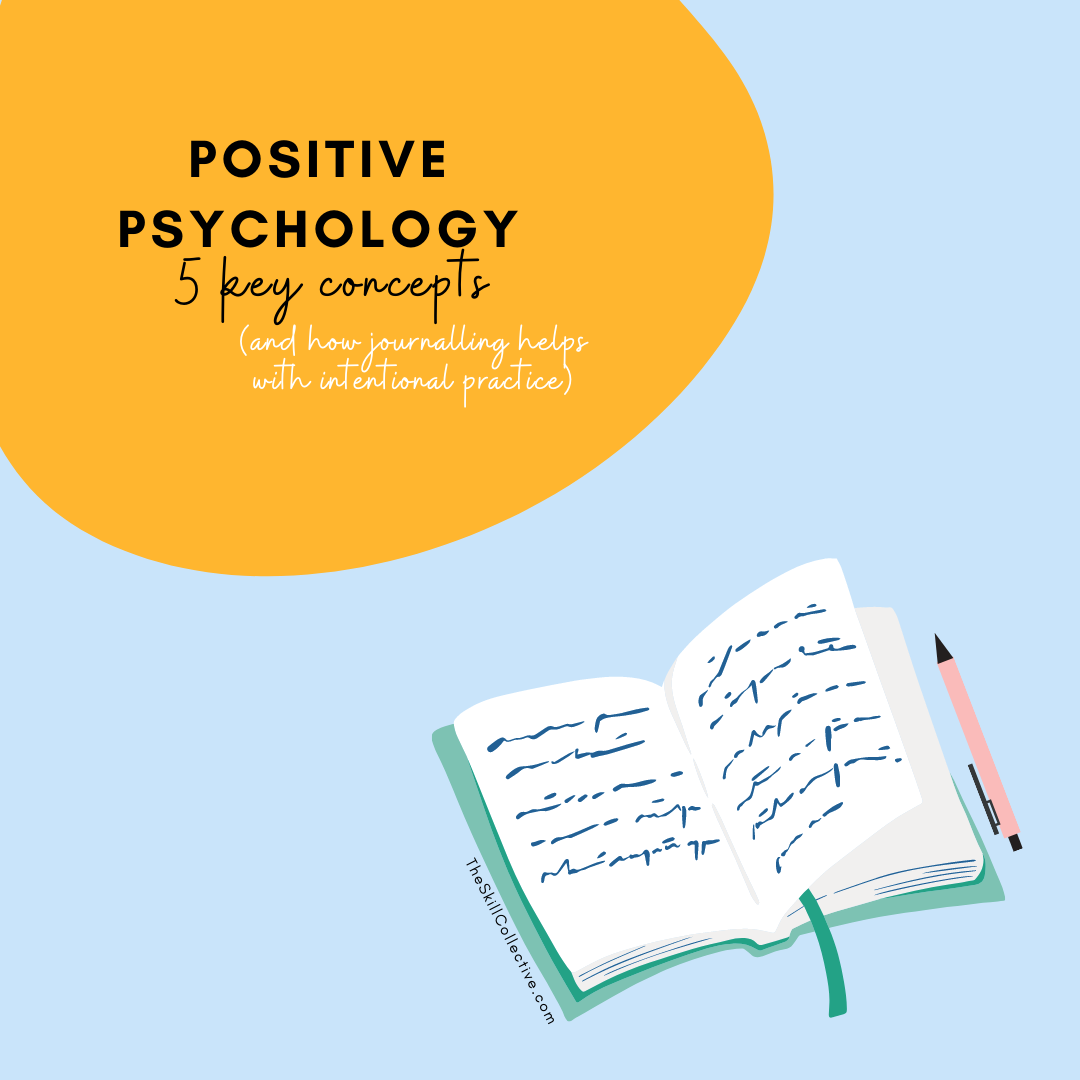How a planner can help you stay on track with your studies
3 simple tips to organise your student life using a planner
By Joyce Chong, Clinical Psychologist
Student life can be pretty hectic. Sure, studying may be the main focus of student life, however there’s so much more going on including assignments, labs and projects; preparing for tests; volunteering/extra-curricular activities; paid work; family commitments; social commitments; and placements / practicums. When your commitments are that varied it’s also important to look after your physical health and psychological wellbeing so you can make it through the academic year!
With so much on your plate, it’s too easy to drop the ball, forget things, or even feel just overwhelmed. Importantly, this is not a sign of failure to thrive and adapt, just a sign that you might need a system to help you better juggle all of your commitments.
So today, we’re going to lift the lid on three simple tips for using a planner to organise your student life. You can use any planner (you might have a student planner lying around) though we’ve used our Productive Life Planner which has specific sections for projects (or goals) and managing your wellbeing. Let’s deep dive into how a planner can help.
TIPS TO ORGANISE YOUR STUDENT LIFE USING A PLANNER
Below we 3 tips for using a planner to help organise your student life that you can action today. These will give you a good starting point. Let’s see how using a planner can help Ali (whom you may recall from Planet Burnout).
Ali is a conscientious student, who spends every waking moment studying. However, the pressure he places on himself leads him to feel overwhelmed and he procrastinates as a result. Predictably, burnout creeps in at the end of semester and Ali barely has enough fuel in the tank to get through exams. He often feels like a failure.
Tip #1. Set UP A STUDY PLAN, GOOD HABITS, + HELPFUL ROUTINES
Groundwork is everything when it comes to succeeding, and as part of this try setting up a study plan with these questions:
What deadlines do you have for assignments? Work backwards from this point, breaking down all of the steps involved in completing and submitting these assignments. Add these to your planner.
What plan do you have for studying for the final exams? Break down your topics and schedule time to regularly summarise, review, and test yourself throughout the semester (don’t leave it up to cram in the study break just before exams!).
What habits support your studies? We’re talking physical and psychological habits that help you stay focused and on track with studies. It could be exercising, journaling, meditating, catching up with friends. All of these take time, so be sure to include them in your schedule so you can see your commitments over the days/weeks/months.
Once you see everything that is on your plate it becomes easier to set boundaries with yourself based on the available time that you have for that ‘quick coffee’ or ‘social media break’.
Ali, whilst prioritising his studies, has not taken into account the importance of physical and psychological habits that help him stay on track. He endeavours that this semester will be different, and aims to include exercise and self-care for sustainability in his studies. He could start off by:
Given Ali has a tendency to spend any available time studying, it will be best to first schedule in self-care activities. Thus he (i) Blocks out 3 x 30min blocks each week in his planner for exercise; (ii) Sets aside 30 minutes at the end of the day before sleep to wind down, practice mindfulness and journal (iii) Each fortnight he also prioritises his appointments with his psychologist to work through his perfectionism; and (iv) On alternate fortnights he sees friends.
With the remainder of his time he is able to devote it to his studies, and maps out upcoming assignments, tests, and exams.
Tip #2. TRACK THE THINGS THAT HELP YOU STAY ON TRACK WITH YOUR STUDIES.
Why should you track? Because tracking allows you to identify patterns in your study techniques and how you manage your physical and psychological health. We’re looking for patterns such as:
Studying for certain topics are easier at certain times of the day.
Being more likely to succeed with exercise habits when a friend is involved for accountability than when left to exercise on your own.
A few days consecutive days of feeling stressed primes you to experience heightened anxiety and panic symptoms.
Having all of this data allows you to make powerful decisions when it comes to making changes that work (see the next section!), thus enabling you to be more efficient.
Since Ali has a tendency to focus exclusively on studying (leading to burnout), a priority for him would be tracking how well he sticks to habits that benefit his physical health and psychological wellbeing (see example below in pink). He also uses a daily planner to track his schedule for the day, outline his Top 3 Priorities for the day, and other tasks on his To Do list.
Tip #3. Review how you’re going + make changes to re-ALIGN.
When planning doesn’t go according to plan, don’t give up! All of that information you’ve tracked gives you insight into how to make changes to realign and stay on track with your studies.
Maybe you tried to study a challenging topic at a time when you were most tired, and would be more likely to grasp the content if you studied it at a time when you were more alert;
Maybe what you’d planned to take on for exercising took far too much effort and coordination (e.g. stand up paddleboarding) and instead it would help to choose a more flexible and portable option (e.g. walking); or
Maybe you were underestimated how long tasks took, which led to feeling overwhelmed at your progress, in which case adjust your time frames to be more realistic when setting your schedule.
Maybe planning doesn’t come naturally until you schedule in some regular time each week/day to engage in it.
The point is - don’t give up. All setbacks provide insight into why something didn’t work.
Having tracked his student life for a good month, Ali looks back on the data he has collected and identifies that he is likely to fall behind with his wellbeing habits when there is little accountability. Thus, he decides to exercise with a friend, and sets up a reward system for himself.
Looking over what Ali tracked for his productivity and performance, he recognises that he underestimates how long things take (e.g. summarising a chapter) which can easily lead to feeling demotivated and thus procrastination when time frames blow out. As a result, Ali ends up allowing more time for each task.
Following these adjustments, Ali reviews again after another fortnight and sees there have been some improvements. It also reveals some additional changes that he can make regarding how he organises his student life.
These 3 simple tips are a good starting point to help you organise your studies using a planner. Importantly, it takes time to get into a rhythm and pattern that suits your student life, so don’t feel discouraged if it takes several iterations to find a flow that suits you.
And if you’re interested in learning how to improving study skills, why not check out Nimble Noodle, our online study skills program?
You can also book in with one of our psychologists for a more tailored approach to organising your student life.







How can you counter the winter blues? Check out our tips on how to boost your wellbeing during the colder months.